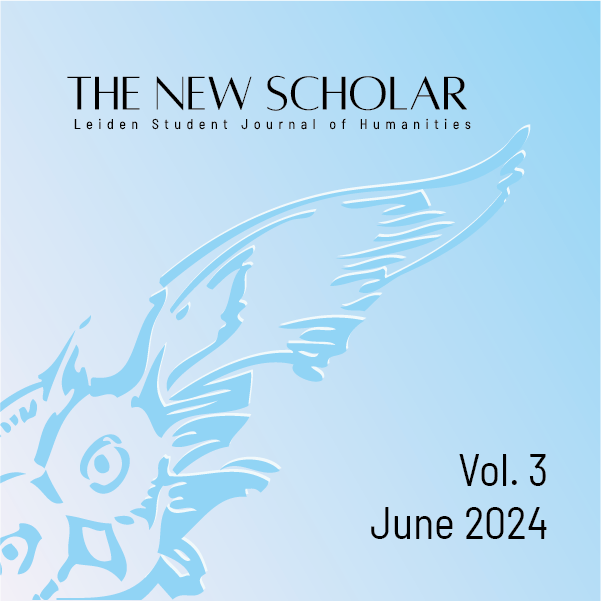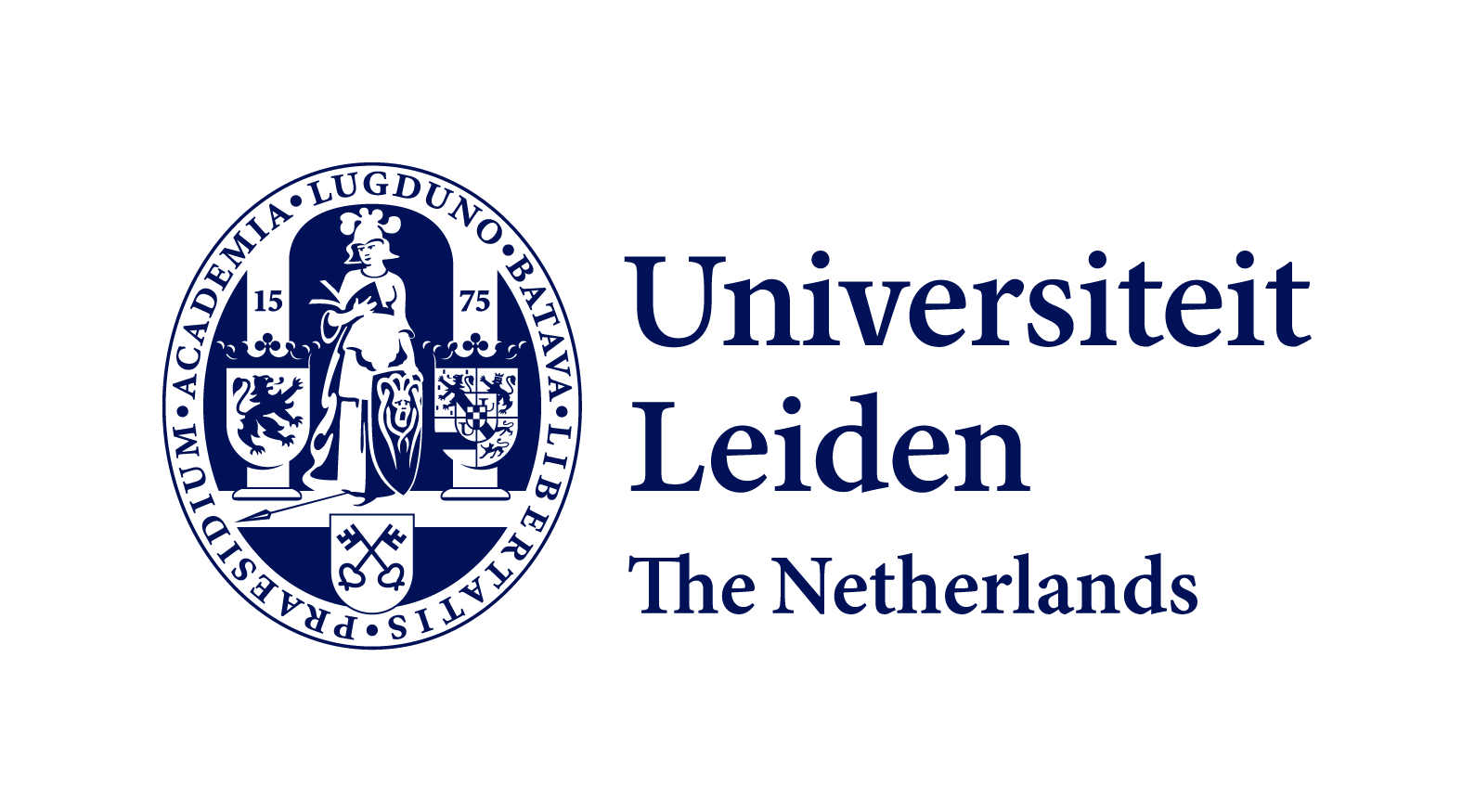The Problem of (Un)happiness in Arkady and Boris Strugatsky’s Roadside Picnic (1972)
Keywords:
Arkady and Boris Strugatsky, Roadside Picnic, Soviet Russia, Dystopias, Happiness, Science Fiction, MaterialismAbstract
In this article, the primary theme of exploration will be the connection between happiness and ideology in Roadside Picnic by the Strugatsky brothers. Specifically, I will examine how the concept of happiness is approached by the citizens of Harmont amidst “the impossible”—the pursuit of a happy life in the aftermath of a great disaster, namely the alien Visit and its consequences. To analyze this complex relationship, I will utilize Sara Ahmed’s theory of “happy objects” and “happy futures” from her monograph The Promise of Happiness (2010). Ahmed’s work focuses on understanding “what happiness does” to people rather than “what happiness is,” revealing how specific notions of happiness and objects associated with happy feelings can be harmful, particularly for marginalized groups. By applying Ahmed’s theory, I aim to move beyond the utopia and dystopia characterizations often employed in science fiction studies and instead focus on the individual attempts to find happiness within the narrative of Roadside Picnic. Therefore, I will explore the relationship between key characters—such as Red, Kirill, newcomer stalkers, and Richard Noonan—and “happy objects” such as the empties or full empties, the Zone, and the golden sphere.

Downloads
Published
Issue
Section
License
Copyright (c) 2024 Athena Stefanakou

This work is licensed under a Creative Commons Attribution 4.0 International License.





